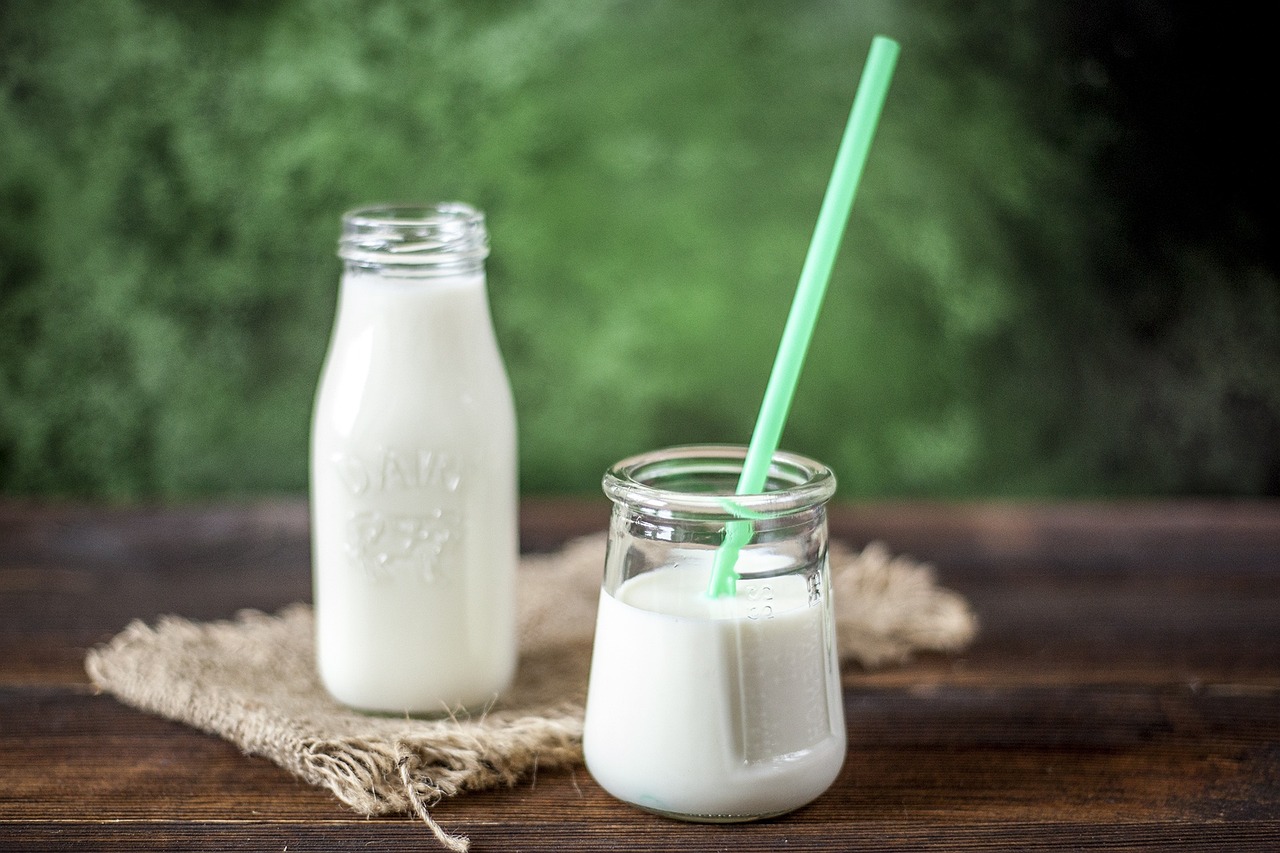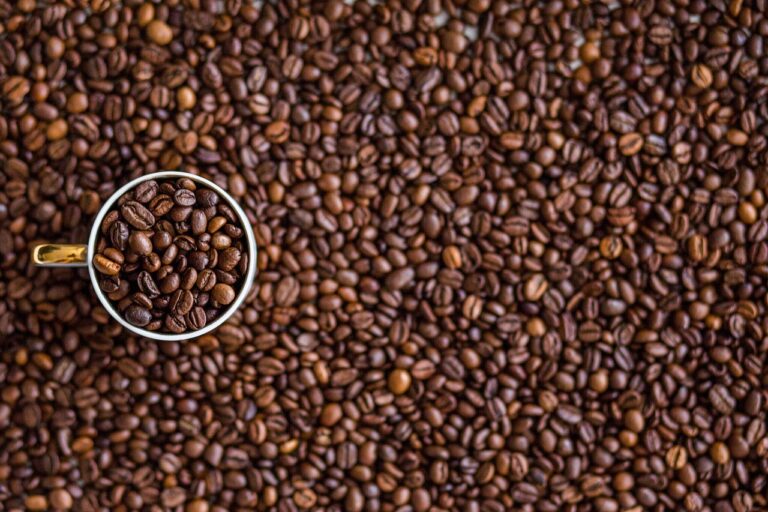Dairy Processing: Exploring Opportunities in Dairy-Free Ingredient Sourcing
betbhai9 whatsapp number, play exch.in, lotus365.win new id:Dairy processing: exploring opportunities in dairy-free ingredient sourcing
Dairy processing is a vital industry that involves the production of various dairy products like milk, cheese, yogurt, and butter. However, with the rise of dairy-free diets and lifestyles, there is a growing demand for dairy-free alternatives. This shift in consumer preferences has opened up new opportunities for sourcing dairy-free ingredients in the production of plant-based dairy products.
In this article, we will explore the various opportunities that exist in dairy-free ingredient sourcing and how dairy processors can capitalize on this trend to stay competitive in the market.
Understanding the demand for dairy-free products
The demand for dairy-free products has been steadily increasing in recent years due to various reasons. Some consumers choose dairy-free alternatives for health reasons, such as lactose intolerance or allergies to dairy proteins. Others opt for dairy-free products for ethical reasons, like concerns about animal welfare or environmental sustainability.
Additionally, the rise of veganism and plant-based diets has also contributed to the growing popularity of dairy-free products. As a result, dairy processors need to adapt to these changing consumer trends by incorporating dairy-free options into their product lines.
Exploring dairy-free ingredient sourcing options
When it comes to dairy-free ingredient sourcing, there are a variety of options available to dairy processors. Plant-based alternatives like almond milk, coconut milk, oat milk, and soy milk are popular choices for creating dairy-free products like cheese, yogurt, and ice cream.
In addition to plant-based alternatives, there are also other non-dairy ingredients that can be used in dairy processing, such as nuts, seeds, and grains. These ingredients can add texture, flavor, and nutritional value to dairy-free products, making them appealing to a wide range of consumers.
Dairy processors can also consider partnering with suppliers who specialize in dairy-free ingredients to ensure they have access to high-quality, sustainable ingredients that meet consumer demands.
Incorporating dairy-free products into your product line
To successfully incorporate dairy-free products into your product line, it’s essential to conduct market research to identify consumer preferences and trends. Understanding what drives consumer demand for dairy-free products will help you develop innovative and appealing dairy-free options that stand out in the market.
In addition to product development, it’s important to invest in marketing and branding efforts to promote your dairy-free products effectively. Highlighting the benefits of dairy-free ingredients, such as being cruelty-free, environmentally friendly, and nutritious, can help attract consumers who are looking for healthier and more sustainable alternatives.
FAQs about dairy-free ingredient sourcing
1. What are some common dairy-free alternatives to traditional dairy products?
Some common dairy-free alternatives include almond milk, coconut milk, oat milk, soy milk, and dairy-free cheese made from nuts or seeds.
2. Are dairy-free products as nutritious as traditional dairy products?
Dairy-free products can be just as nutritious as traditional dairy products, especially if they are fortified with essential nutrients like calcium and vitamin D. However, it’s essential to read labels and choose dairy-free products that are fortified and contain essential nutrients.
3. How can dairy processors source high-quality dairy-free ingredients?
Dairy processors can source high-quality dairy-free ingredients by partnering with suppliers who specialize in dairy-free ingredients. Working with reputable suppliers will ensure that dairy processors have access to sustainable, high-quality ingredients that meet consumer demands.
4. How can dairy processors promote their dairy-free products effectively?
Dairy processors can promote their dairy-free products effectively by investing in marketing and branding efforts that highlight the benefits of dairy-free ingredients, such as being cruelty-free, environmentally friendly, and nutritious. By emphasizing the unique selling points of dairy-free products, dairy processors can attract consumers who are looking for healthier and more sustainable alternatives.
In conclusion, dairy processors have a unique opportunity to capitalize on the growing demand for dairy-free products by exploring innovative dairy-free ingredient sourcing options. By understanding consumer preferences, developing appealing dairy-free products, and investing in marketing efforts, dairy processors can stay competitive in the market and meet the changing needs of consumers looking for dairy-free alternatives.







